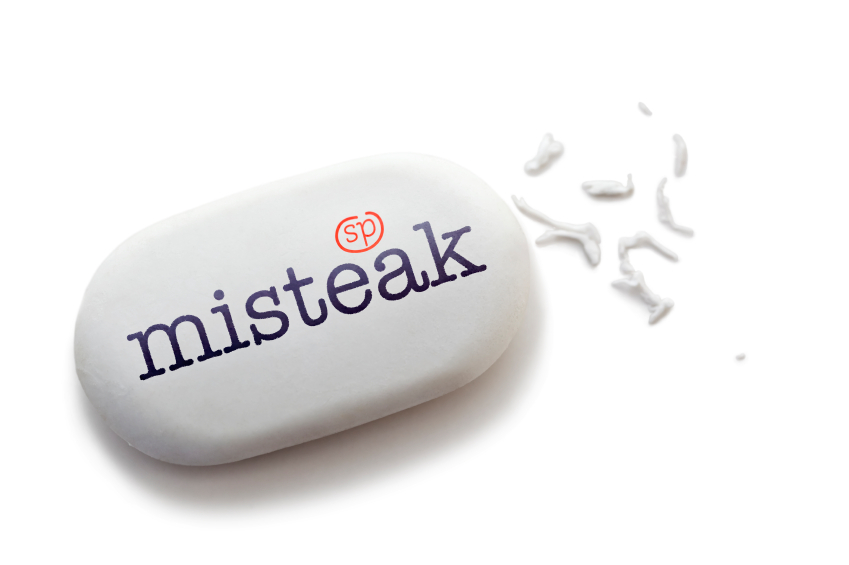 It’s common knowledge that spelling and grammar mistakes can be extremely damaging to your resume’s chances of landing you a job interview. Everyone needs to be aware of this fact, and this is why they are constantly reminded to check and then recheck their resumes.
It’s common knowledge that spelling and grammar mistakes can be extremely damaging to your resume’s chances of landing you a job interview. Everyone needs to be aware of this fact, and this is why they are constantly reminded to check and then recheck their resumes.
So then why are these mistakes found in so many resumes? Frequently it’s because people are reluctant to share this personal document and to have their work edited by others; however, failing to do so can result in small errors going undetected.
Showing your resume to someone else provides an extra pair of eyes to look for problems the writer just can’t see. While you may be absolutely positive that there are no mistakes, especially since you’ve done numerous edits and read-throughs, there can still be faults you are blind to. I can tell you from experience that 7 out of the 10 resumes I read contain some sort of spelling or grammar error, and I’m willing to bet that most of these people did many edits on their resumes.
Have you ever read something so many times that you started memorizing and reciting it more than actually reading it? This happens a lot with resumes. We get so caught up in what we know it says that we sometimes don’t see what is actually there. I notice a lot of times that people write things like “… responsible updating data…” or “…selected represent the company at various trade shows.” If you just read that for the first time, you probably noticed what’s missing. Obvious, right? Read it a few more times and you might find yourself automatically inserting the missing words. This is what happens quite often with people who write and then edit and re-edit their resumes. A human reader can find mistakes that even grammar and spell checkers will miss, such as awkward phraseology or even spelling mistakes such as when one writes “qualify” instead of “quality” or “lead” instead of “led” when the latter is what is intended.
Speaking of grammar and spell checkers, be sure to use them to their full potential. Make certain they are turned on, and set to the proper language, such as English (United Kingdom) versus English (United States). Use the Find function to search for periods, commas, quotation marks, and parentheses. By focusing on specific punctuation marks individually, stepping through the document, one can readily see mistakes that might be missed when reading the resume over for the tenth time. For Example, most resumes don’t have periods after bullet points, but people sometimes put them in occasionally out of habit. This is a fast way to check such inconsistencies. If a phrase begins with a quotation mark, stepping quickly through each of them with the Find function will confirm that you have paired them properly. Just remember, however, that even after everything is certified as “perfect,” it still makes sense to get a human to read it over.
Showing your resume to someone else with fresh eyes and a different background can bring useful feedback. Besides finding simple errors, they can provide an objective critique on your resume. While you clearly know more about your past experience than anyone, translating this onto paper for a stranger to understand is sometimes very difficult, and the person critiquing it can point out any job descriptions that don’t make sense or aren’t very clear.
Overall, having another person or two look at your resume before you send it off can do nothing but help you. The job market is highly competitive and you want to give yourself the best chance possible – don’t let small errors that you overlooked damage your chances of landing an interview.



